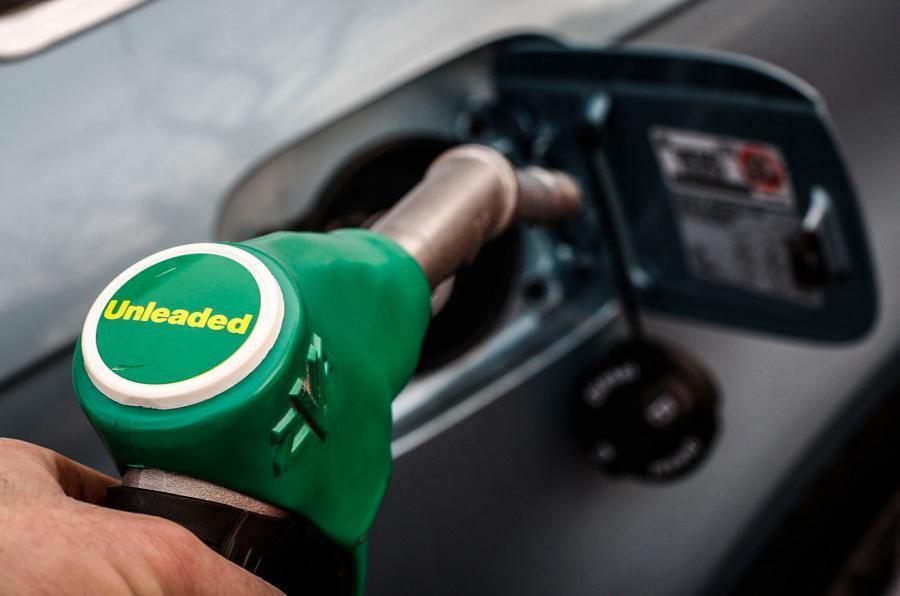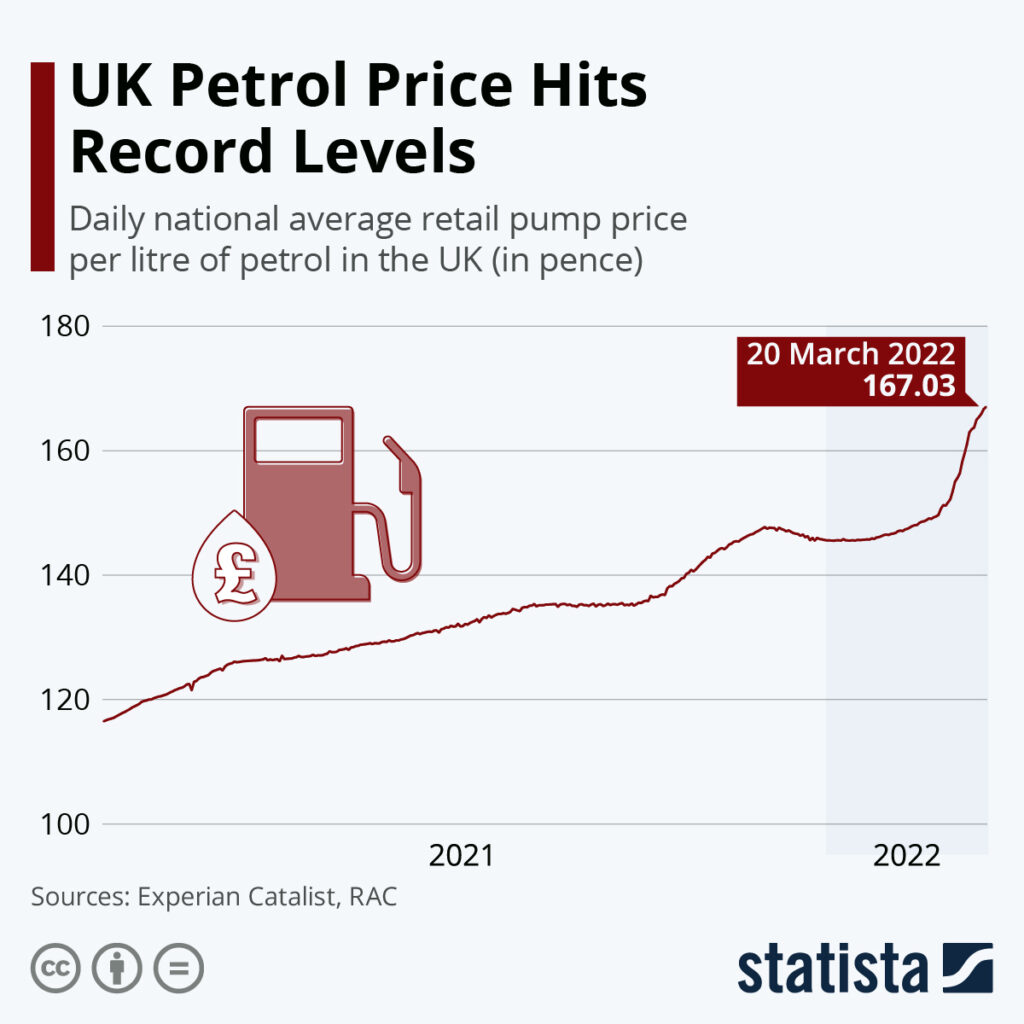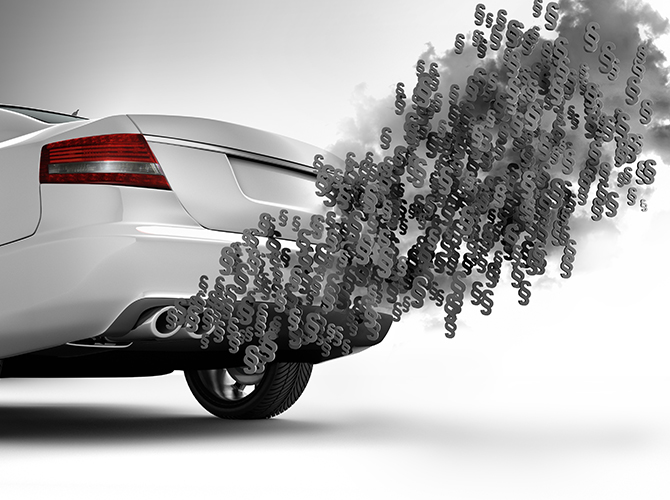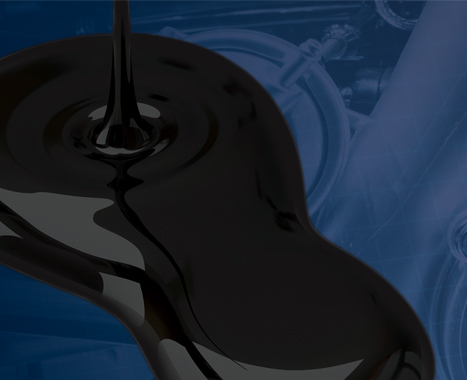
A record number of light commercial vehicles are now on UK roads, newly released figures have shown, which puts garages and turbo repair specialists in a great position to thrive as the vehicle parc grows.
Government figures1 show that older vans are being kept on the road for longer, with the average age of vans on UK roads now standing at just under nine years old, the highest since records began.
Meanwhile, figures2 released by the Society of Motor Manufacturers and Traders (SMMT) showed that the growth of the UK van market in August was the eighth consecutive month of an increase in new registrations, showing a recovery in the sector following the Covid pandemic.
A combination of an expanded vehicle parc and a recovery in new van registrations provides an opportunity for both garages and turbocharger repairers, says Tom Wright, our group product manager.
“Firstly, because vans and pickups are being kept for longer, there’s an immediate increase in the opportunities for servicing and repair,” Wright said. “Whether it’s routine maintenance to ensure longevity, or the repair or replacement of a faulty part, the increasing average age of vans is good news for the aftermarket.”
“Secondly, the growth in new vehicle sales will fuel demand for future repairs when manufacturer warranties expire,” Wright continued. “As vehicle manufacturers look to meet demand for more efficient vehicles with optimised performance and reduced emissions, we expect that opportunities for servicing and turbocharger repair will extend well into the future.”
We are continuing to develop our range of turbochargers and components to help turbo specialists meet this growing demand. With an increasing range of products available, garages can choose to have a failed unit repaired or remanufactured by a turbo specialist, rather than replacing with a new original-equipment unit. Alternatively, they can purchase a new unit from us.
Furthermore, for garages that suspect turbocharger issues, turbo repair specialists can provide a full inspection and diagnosis service to help identify the root cause of failure and prevent further issues.
Contact us at [email protected] to find your local repair specialist.
More industry news:
Company news:
Melett website features and benefits











